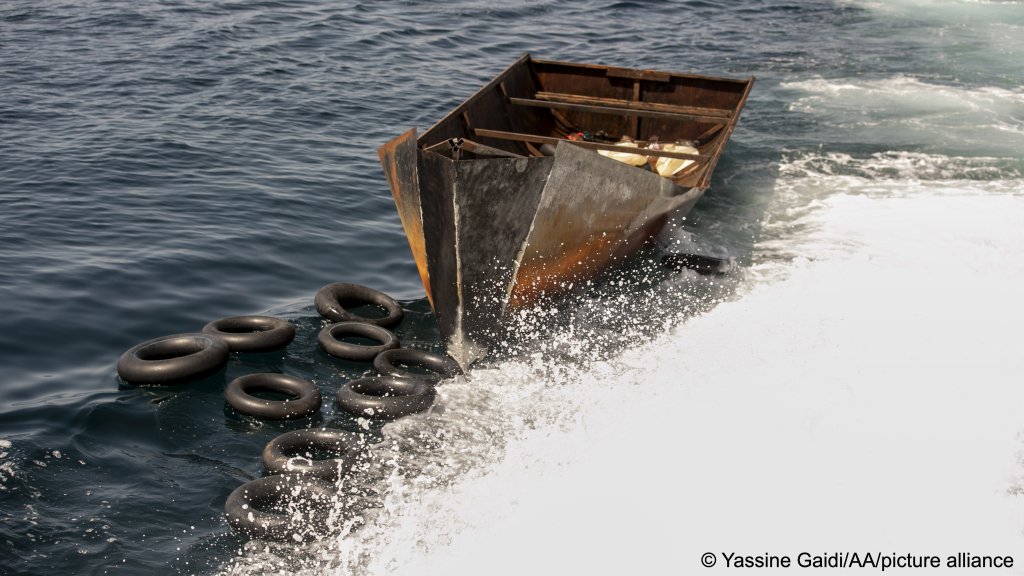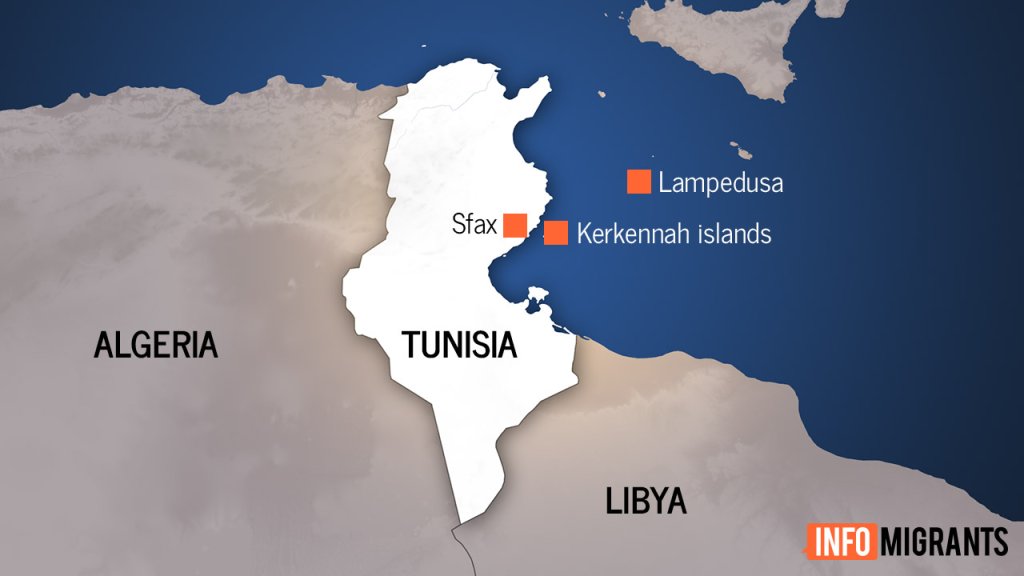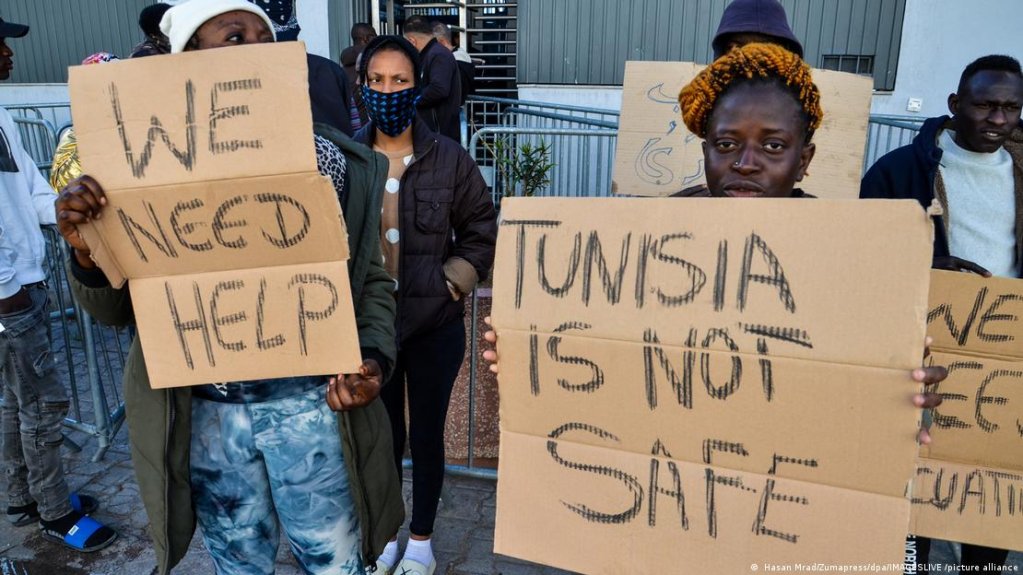Struggling to manage migration and resist becoming a "transit zone" for the onward journey to Europe for asylum seekers, Tunisia has been repatriating thousands of irregular migrants who are mostly from sub-Saharan Africa.
An estimated 10,000 irregular migrants in Tunisia have been repatriated to their countries of origin this year, news agency Reuters reported on Tuesday, November 4.
According to Tunisian Foreign Minister Mohamed Ali Nafti, most of the repatriated nationals were from Sub-Saharan Africa. The returns were reportedly carried out through a voluntary return program coordinated with the International Organization for Migration (IOM).
According to IOM information about the voluntary repatriations that took place this year, the returns were carried out through a combination of voluntary and chartered flights. The individuals who were repatriated were reportedly given support with travel documentation to ensure safe transit. In their country of origin, the individuals were provided with reintegration support that included socio-economic aid, counselling, and community referrals to ensure sustainable reintegration.
Tunisia repatriated about 7,200 migrants in 2024 under the same initiative and is set to continue repatriating irregular migrants until "the phenomenon is eliminated."
Read AlsoTunisia seeks more funding from IOM for voluntary repatriations
'Will not become a transit zone'
Tunisia is struggling to manage a wave of arrivals from sub-Saharan Africa driven by compounded pressures of armed conflict, climate crisis, and political and economic instability.
Media reports have documented thousands of people on the move from sub-Saharan Africa living in tents in forests in the southern Tunisian towns of Amra and Jbeniana after authorities blocked their attempt to cross the Mediterranean to enter Europe.

Tunisia, with support from the European Union, has tightened security along its maritime borders in a bid to stem irregular migration.
In June 2023, the European Commission announced an economic aid package worth 900 million euros for Tunisia, along with an additional 150 million euros to support the implementation of a new EU-Tunisia partnership agreement.
The partnership agreement outlines cooperation on curbing irregular migration and strengthening Tunisia’s border management capacities. Under the deal, the EU provides monetary support for training, technical assistance, and anti-smuggling operations, while Tunisia takes charge of migration control and the return of rejected asylum seekers.
Read AlsoTunisia under harsh criticism for anti-migrant measures
At the center of a migration shift
On one hand, protracted deteriorating political and economic conditions in Tunisia have pushed many of its nationals to migrate. An estimated 10 percent of the Tunisian population lives abroad. EU asylum data indicate that in 2024, 70 percent of all applications from Tunisians were lodged in Italy.

Meanwhile, a 2024 report by the Carnegie Endowment for International Peace, a US-based global think tank that focuses on analysis of international affairs, cited Tunisia as being "at the center of a significant shift in the Mediterranean migration landscape."
Tunisia’s location at the cusp of North Africa and proximity to Italy positions it as a strategic launch pad for people within the continent who want to seek asylum in Europe. In the second half of 2022, sub-Saharan Africans from Sudan, Chad, Guinea, Mali, and Côte d’Ivoire outnumbered Tunisians as the largest group migrating from Europe to Tunisia. This trend, which continued into the following year, has consolidated Tunisia’s status as a migration hub.
The coastal city of Sfax has emerged as the linchpin to what the report called a "migration ecosystem."
Read AlsoTo get to Europe, Tunisian migrants turn to 'self-smuggling'
Mounting, compounded restrictions
Government policies and measures are making life increasingly difficult for irregular migrants in Sfax.
Earlier this year, the government dismantled makeshift camps in Sfax where hundreds of sub-Saharan nationals lived. Evicted and nowhere to go, the migrants were forced to seek shelter in nearby olive groves.

Following this, the government prohibited undocumented migrants from receiving foreign currency after a reported 23 million dinars, equivalent to approximately 6 million euros, were transferred to sub-Saharan Africans in the city of Sfax in the first semester of 2023.
While authorities who shared the figures said the crackdown was meant to cut off the income stream of smugglers in the Sfax region, the measure drove the hundreds of irregular migrants into deeper depths of poverty.
Additionally, the government prohibited Tunisians from employing undocumented sub-Saharan Africans or renting apartments to them.
Read AlsoTunisia: Mass expulsions and abuse of migrants continue
